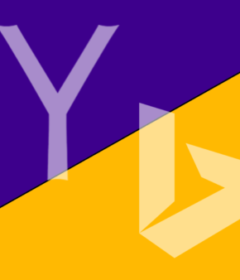What makes people click on search ads?

There’s a reason search ads resonate with users — even when they know they’re ads.
Why you should care
In a survey of 506 people who said they have clicked on a paid search ad in the past month, 75% said the ads make it easier to find information they’re looking for. That’s a good indication they think the ads are relevant to their searches.
The top reason people said they click on search ads? That the ads answered their queries. That may sound obvious, but it’s a good reminder that ads should be relevant to what the searcher wants to find. If I’m searching for “snowblowers on sale,” I’m not looking for ads touting the latest models or fancy features. I want to see words like “sale,” “deal” or “clearance” in the ads.
Not surprising, people are also driven to click on ads that mention brands with which they are already familiar. Twenty-six percent said that has been a reason for they’ve clicked on search ads, and known brands are the primary reason people click on YouTube and Amazon search ads. This underscores the importance of brand building across channels to maximize your investments in advertising.
More from the survey
- 49 percent said they click on text ads; 31 percent on Shopping ads; and 16 percent on video ads.
- 77 percent of the respondents said they’re confident they can recognize search advertisements in the results (though that may be more true for Google text ads than other formats and platforms). They are significantly more likely to click on an ad on Google than the other engines Clutch asked about. 63 percent said they’d click on a Google ad, while just 15 percent said they’d click an ad on Amazon, 9 percent on YouTube and 6 percent on Bing. It’s worth noting those stats aren’t a reflection of how click-through rates are likely to compare for individual advertisers.
- The survey results point to the clear need to connect ad copy to the query. This is nothing new. What is changing, is the role of machine learning in query matching.




